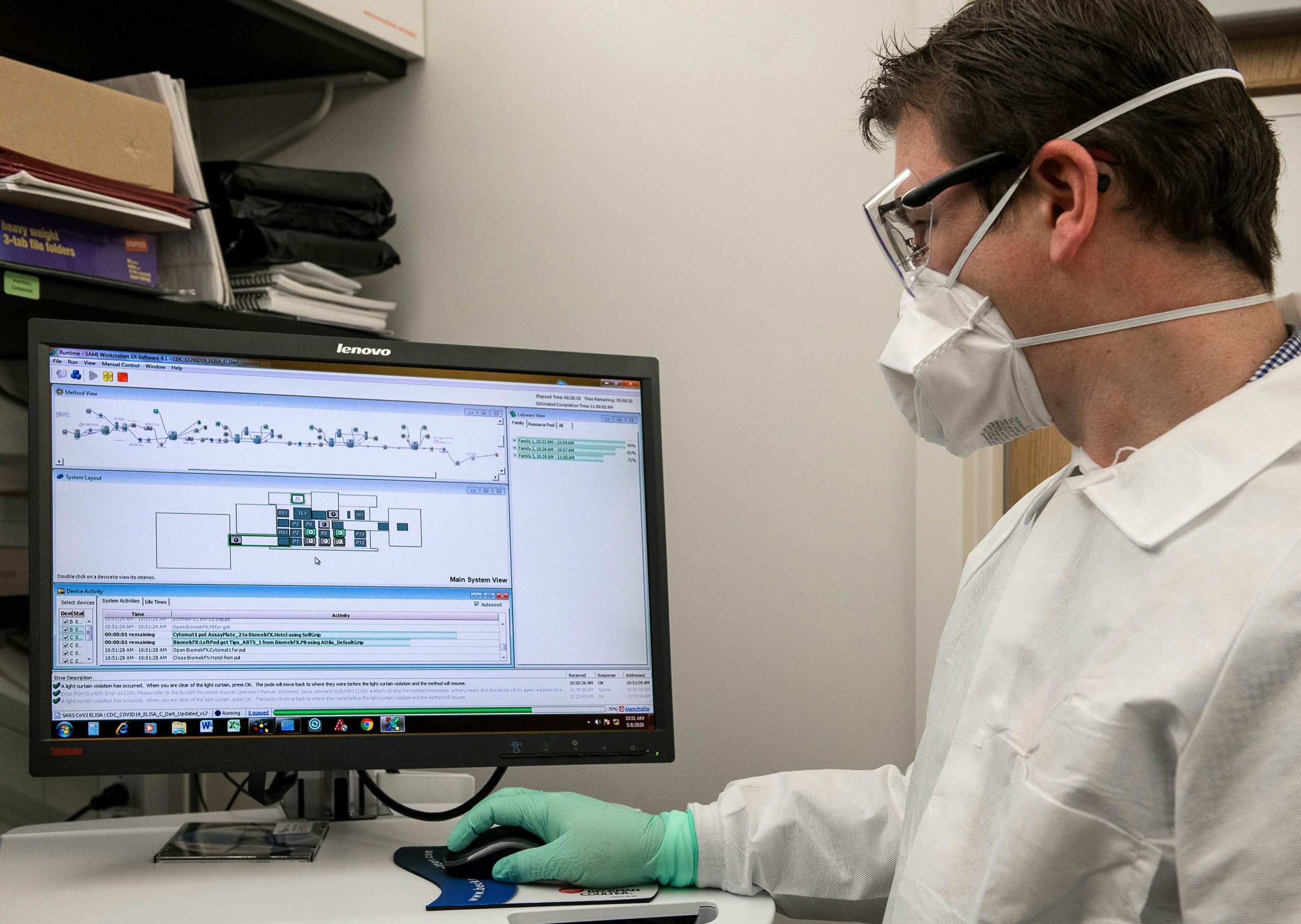Imagine your medical practice as a well-oiled machine, efficiently managing patient data, appointments, and billing with precision. As a medical professional, you strive for excellence in patient care.
Discover the top 5 categories of health software that can streamline your operations and enhance your practice. From Electronic Health Records (EHR) to Telemedicine Platforms, these tools hold the key to optimizing your workflow and improving patient outcomes.
Explore how these software solutions can revolutionize the way you deliver healthcare.

Electronic Health Records (EHR)
When managing patient information efficiently, behavioral health EMR software plays a crucial role in modern healthcare settings. EHR and EMR software interoperability is essential for seamless sharing of patient data among different healthcare providers. By ensuring that various systems can communicate and exchange information, EHR interoperability improves coordination of care and enhances patient safety.
Customizing EHR systems to suit the specific needs of your practice can greatly increase efficiency and productivity. Tailoring the software to capture essential data points particular to your specialty or workflow streamlines processes and ensures relevant information is readily accessible. Whether it’s creating specialty-specific templates, configuring alerts and reminders, or designing user-friendly interfaces, EHR customization empowers you to maximize the benefits of electronic health records.
Incorporating interoperability and customization into your EHR system not only enhances the quality of care you provide but also simplifies administrative tasks, ultimately saving you time and improving patient outcomes. By leveraging these capabilities effectively, you can optimize your practice’s workflows and deliver more personalized and efficient healthcare services.
Telemedicine Platforms
Enhancing healthcare accessibility and convenience, telemedicine platforms revolutionize the way medical professionals interact with patients remotely. These platforms enable healthcare providers to conduct remote consultations and virtual appointments, bridging the gap between patients and doctors regardless of geographic location. Through telemedicine platforms, medical professionals can offer real-time care, consultation, and monitoring without the need for in-person visits.
Remote consultations facilitated by telemedicine platforms allow for efficient communication between healthcare providers and patients, leading to quicker diagnoses and treatment plans. Virtual appointments save time for both parties, eliminating the need for patients to travel to healthcare facilities and reducing wait times.
Practice Management Software
Revolutionizing the way you manage your medical practice, Practice Management Software streamlines administrative tasks and enhances operational efficiency. This software is designed to optimize efficiency by automating appointment scheduling, patient check-ins, and billing processes. By centralizing all practice operations into one system, Practice Management Software reduces the time spent on administrative tasks, allowing you to focus more on patient care.
Moreover, Practice Management Software facilitates improved patient communication through features like automated appointment reminders, secure messaging, and online patient portals. These tools enable seamless interaction between your practice and patients, enhancing overall patient satisfaction and engagement.
With Practice Management Software, you can track patient information, manage electronic health records, and streamline workflows to ensure a smooth and organized practice environment. By embracing this technology, you can increase productivity, reduce errors, and ultimately provide better care to your patients.
Medical Billing and Coding Solutions
Utilize efficient medical billing and coding solutions to streamline your practice’s financial processes and ensure accurate reimbursement. These solutions play a crucial role in managing the revenue cycle of your practice by optimizing billing procedures, reducing claim denials, and accelerating payment collections. By implementing advanced software tailored to medical billing and coding, you can minimize errors, improve billing accuracy, and enhance overall financial performance.
Moreover, staying compliant with ever-evolving healthcare regulations is imperative. Medical billing and coding solutions help you navigate complex compliance regulations, ensuring that your practice adheres to legal requirements and avoids penalties. These tools provide built-in safeguards to help you maintain compliance while handling sensitive patient information securely.
Incorporating medical billing and coding software into your practice not only boosts efficiency but also contributes to increased revenue and enhanced patient satisfaction. By leveraging these solutions, you can streamline financial workflows, optimize reimbursement processes, and maintain adherence to compliance regulations, ultimately fostering a successful and sustainable healthcare practice.
Health Monitoring and Analytics Tools
Health monitoring and analytics tools empower medical professionals to track and analyze patient data efficiently, enabling informed decision-making and proactive healthcare management. Remote patient monitoring is a key feature of these tools, allowing healthcare providers to keep tabs on patients’ vital signs and health metrics from a distance. In women’s health, these tools can be particularly useful for monitoring conditions related to pregnancy, menopause, or recovery from procedures like Pelvic Ultrasound Scans.
Data visualization techniques play a crucial role in making sense of the vast amounts of health data generated by monitoring tools. Through graphs, charts, and other visual aids, medical professionals can quickly identify trends, anomalies, and correlations within patient data. This visual representation not only enhances understanding but also facilitates communication with patients, helping them grasp their health status more intuitively.

Conclusion
Overall, as a medical professional, you have access to a variety of health software options to streamline your practice and enhance patient care. From Electronic Health Records to Telemedicine Platforms, Practice Management Software, Medical Billing and Coding Solutions, and Health Monitoring and Analytics Tools, these categories offer solutions to improve efficiency and effectiveness in your daily work.
By utilizing these tools, you can better manage patient information, communicate with colleagues and patients, and analyze health data for better decision-making.
